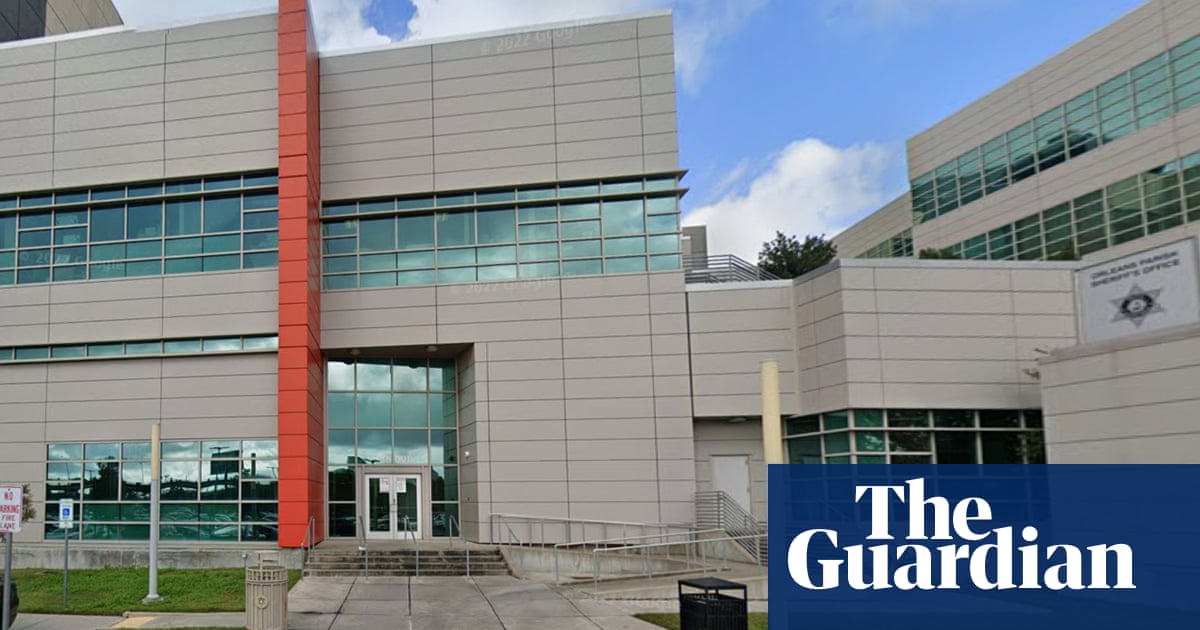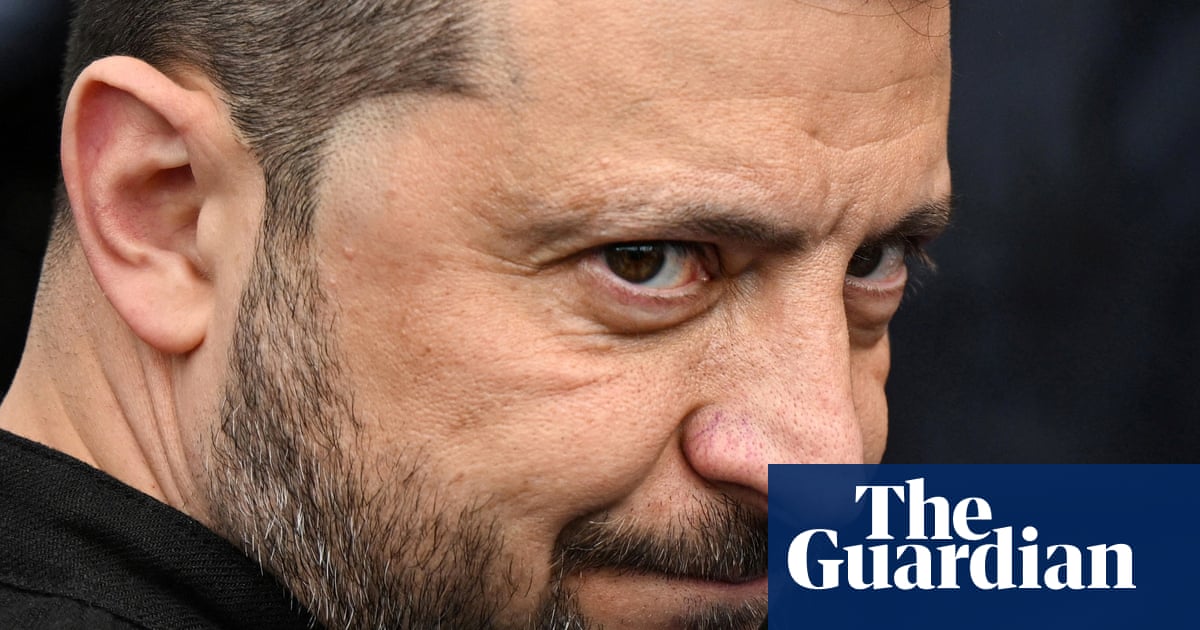As the former prison governor Kerri Pegg begins a stretch behind bars, marking the spectacular fall from grace of a woman once seen as a “rising star” within the service, she becomes the latest in an increasing number of corrupt staff experiencing the other side of a jail cell.
On Friday, Pegg, 42, was given a nine-year jail sentence for misconduct in a public office, after she entered into an inappropriate relationship with one of her prisoners, a convicted drugs boss.
Anthony Saunderson is serving 35 years after being convicted of drug trafficking. He was previously one of Merseyside’s most-wanted criminals over his part in a plot to import £19m of cocaine in shipments of corned beef from Argentina.
Saunderson, known to criminal associates as Jesse Pinkman after a character in the television series Breaking Bad, had started a relationship with Pegg when she was a governor at HMP Kirkham in Lancashire, to where he was moved as he came to the end of a previous 10-year sentence for drugs conspiracy and money laundering.
Pegg’s case is the latest in a string of convictions of corrupt prison officers, several of whom have entered into inappropriate relationships with inmates.
Toni Cole, 29, was jailed for 12 months in February, after she admitted to sharing thousands of texts and calls with a 28-year male inmate at HMP Five Wells; in January Linda De Sousa Abreu, 31, was jailed for 15 months after she was filmed having sex with a prisoner in his cell at HMP Wandsworth; and in March, Katie Evans, 26, who had boasted to a former prison officer that she had performed oral sex on an inmate, was jailed for 21 months by a judge who said she had been “manipulated by an experienced criminal”.
In March, a female prison officer, was suspended from her job at HMP Feltham in London over claims of an inappropriate relationship with an inmate.
And in April, another prison officer was charged with having relationships with two serving prisoners, and conspiring to bring drugs into the category B HMP Swaleside on the Isle of Sheppey, Kent.
Cases such as these are evidence of a Prison Service in crisis, experts have said, with poor vetting, high turnover and low morale contributing to a situation in which hardened criminals often have more control than staff.
“The majority of prison staff who work within prisons are honest, hard-working and conscientious,” Mick Pimblett, the deputy general secretary of the Prison Officers Association, said. However, problems with staff retention, the recruitment process and training were leading to increased corruption, he said.
“When I joined the Prison Service in 1991, I had to do an exam, I had to attend an interview and it was only then that I was successful in my application,” Pimblett said. “What happens now is it’s all done online, and prison managers or governors cannot create a real good impression of people just by online application. So we’d like to see that changed.”
He said the training prison officers received was “basically inadequate. I initially did two weeks’ training in an establishment and then I did a nine-week training course. What happens now is that they do, I think, five weeks in total. The new prison officers now are going into the Prison Service, and they are just not prepared for what they are going to face.”
He said new staff were also “overstretched” and “not given any time to work on their skills and how to develop relationships with the prisoners without being manipulated”.
John Podmore, a former governor of Belmarsh prison and an honorary professor at Durham University, said although there had been an increase in reported corruption cases, “I still think it’s tip-of-the-iceberg stuff”.
He said many more cases were probably going undetected, adding: “Until you sort out the staffing crisis, you’re not going to get anywhere.”
At Five Wells, a private prison that opened in March 2022 in Wellingborough, Northamptonshire, Podmore said: “The first year or so they employed 750 prison officers. Two years later, they were left with 200 – they are not staying.
“I’ve worked all around the world, and prison officer training in England and Wales is the worst in the world; it is the shortest in the world.”
In some countries, he said, training could last for two years, in some cases with qualifications at degree level, “but here, what have they done? They’ve made it shorter and shorter.”
Like Pimblett, he highlighted problems with online recruitment: “You can become a prison officer just by filling in a form.”
He said recruitment and vetting was poor, which risked allowing in those “who want to join for criminal purposes”, while “the vast majority will be so badly trained, so badly led, so badly supported, it’s like throwing the sheep to the lions”.
Podmore said: “The power balance needs to be with the prison officer and, increasingly, with inexperienced staff and sophisticated, serious, organised criminals and drug dealers, the power balance is with them. And I think we’re increasingly seeing that power balance manifests itself in corrupt activity.”
In 2019, the then justice secretary, David Gauke, set up a counter-corruption unit, with specialist staff working alongside the police to support their investigations.
A Prison Service spokesperson said: “While most prison staff are honest, we are catching more of the minority who break the rules through our corruption unit and stronger vetting. Where officers fall below our high standards, we do not hesitate to take robust action.”

.png) 7 hours ago
2
7 hours ago
2

















































